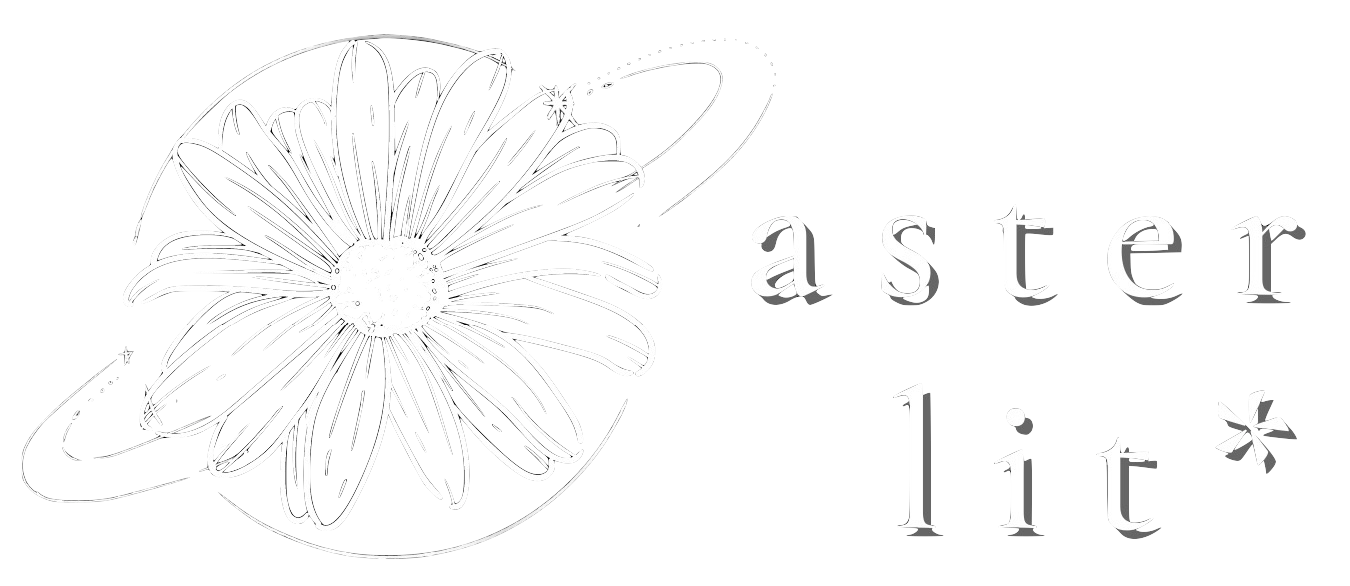
Aster Lit: translatability
Issue 12- Summer 2024
The Tragedy of Translation (and Why We Must Continue)
Naomi Ferrao
Aujourd’hui, maman est morte. Ou peut-être hier, je ne sais pas.
These opening lines of L’étranger by Albert Camus are some of the most famous in translated literature. Many debates have sprung up on how to best translate the word maman, with the most common translation being ‘mother.’ However, native French speakers will tell you that these words have very different connotations. ‘Mother’ is cold and formal, while maman is softer, more gentle. But if both words essentially mean the same thing, why is the translation so important?
To translate a work is to communicate an idea in a different way than it was originally communicated, in order to reach a wider audience. Most of the time, this is from language to language. The science world has greatly benefited from this—with translation, each new scientific breakthrough, built off the ideas of other scientists from different places and times, becomes collective human knowledge. Equally, translation does wonders for empathy. I can read about a Vietnamese girl’s account of escaping the Vietnam War, or an Afghan boy’s life in a Taliban-occupied country, and see their humanity more than our differences.
Translation exists in forms other than changes in language as well. Over the course of my internship at Aster Lit, we explored myth to reality, written word to spoken word, and literary to visual translations. A fine example of the first two is “How to Tell a Ghost Story” by Erzsabet Gonzalez and Zoe Dorado: a spoken word piece that uses mythical elements to highlight real societal perceptions of women in the context of reproductive rights.
We also considered the role of the translator, a mediator between writer and reader. To be a translator is to look at something and turn to your friend, saying, look at this cool thing I found! I need you to see it too. Except, if you want your friend to be able to see it, the work must change. Maybe in a small way, in an insignificant way, but it must change. This is what we mean by ‘lost in translation.’ In L’étranger, the translation of the word maman is crucial in understanding the main character, Meursault. His use of the childlike term stands in stark contrast to his apathy towards his mother’s death, suggesting to the reader that it is more out of habit than actual affection. In Matthew Ward’s translation of L’étranger, he leaves the word maman as is, leaving the reader to infer the connotations.
However, it’s not always this easy. For one of my assignments, I had to read and rate submissions for Issue 12: Translatability. There was a particular bilingual piece about going to church as a Chinese immigrant in the US. A discussion about belief, community, God, and the role they play when you have left everything behind to have a better life in a new country. As someone who is neither Chinese, nor an immigrant in the US, I could not understand the author’s point at first, and the sentences that were in Chinese seemed random to me. But the piece resonated with some of the Asian American interns and editors, and Chinese conveyed emotions where English fell short.
Many words in other languages express emotions that are nameless in English. For example, hiraeth in Welsh is a deep longing to return to a place that does not exist anymore, yet the English term homesickness is not accurate enough to express it. Translation is inherently tragic; it only gets us so far because language and loss are intertwined. Eight months after my mother died, I happened to say the word Maa (which is what I used to call her) out loud, and it felt like a word from a foreign language. The closest a person can get to understanding someone’s grief is by relating it to their own experiences. Each human being and each human relationship is unique. As such, no human being will be able to fully understand another’s loss. Grief, which is a universal experience, ironically escapes translation
And yet, how grateful I am that people try anyway! How comforting it is to read Clare Harner’s “Immortality” (Do Not Stand By My Grave and Weep) and Joan Didion’s “The Year of Magical Thinking” and Chimamanda Ngozi Adichie’s “Notes on Grief” and know that someone out there has felt at least a little bit of what I have felt, even if it is not quite the same. That they have tried to translate their grief, to provide a little bit of comfort to myself and thousands of others navigating the storms of their own life.
As writers, editors, and translators, we have a duty to keep our translations as authentic as possible. But if the nature of translation is that it cannot ever be perfect, maybe what matters is that we try. That we say I need you to see it too in the first place. That throughout history, humans have made the attempt to share knowledge, stories, and ideas with each other.
Translation may be inherently tragic, but it is also inherently beautiful.
